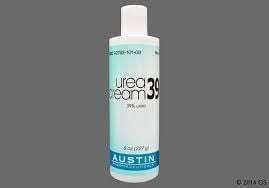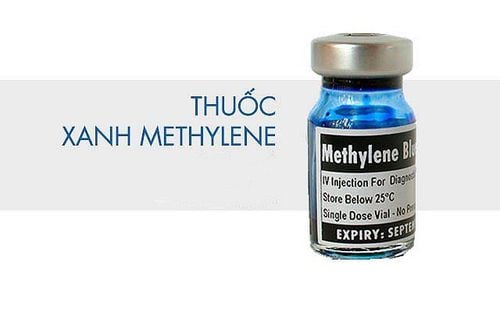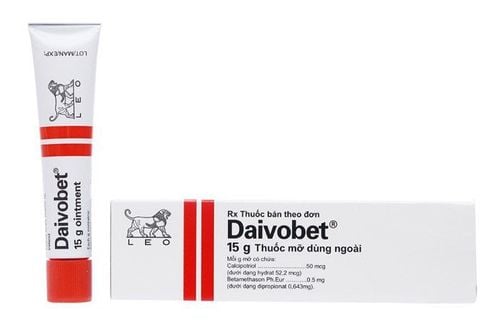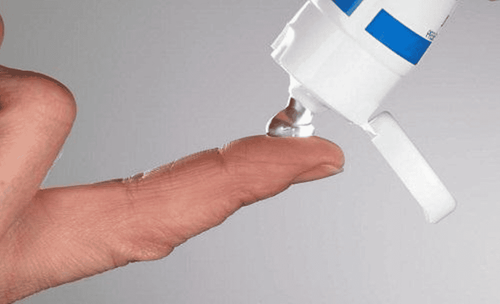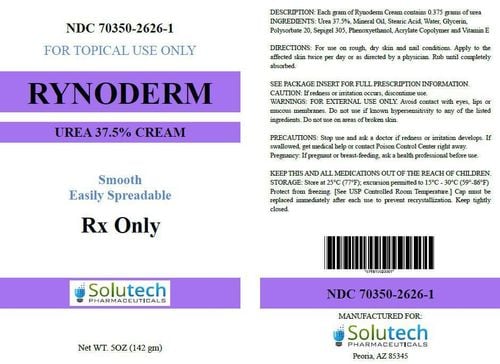This is an automatically translated article.
Desonide belongs to the group of dermatological drugs, used for the topical treatment of dermatological diseases in both adults and children. Let's learn about Desonide drug information through the article below.
1. What is Desonide?
Desonide drug is prepared in the form of a skin cream, with the main ingredient Desonide 0.05%, 0.5mg content and other excipients, just enough for 1 tablet. Desonide is a corticosteroid that has anti-inflammatory effects by stabilizing the lysosomal membrane of leukocytes, inhibiting the release of destructive acid hydrolases from leukocytes, and preventing the accumulation of macrophages in the leukocytes. inflamed area. In addition, the drug also relieves itching due to its antihistamine and vasoconstrictor effects.
2. What are the uses of Desonide?
Desonide can be used in adults and children from 3 months of age and older in the following cases:
Mild to moderate atopic dermatitis Atopic dermatitis, contact dermatitis Non-inflammatory dermatitis Infections Psoriasis Lichenoid skin disease Improves bites, itching caused by insects or parasites for a short time (after treating the cause). Some other skin diseases as directed by the doctor. Do not use Desonide in the following cases:
People who are hypersensitive to desonide or any of its ingredients. People with skin diseases caused by viral infections (herpex simples), acne , tuberculosis. Do not use on damaged, ulcerated skin, eye area (risk of glaucoma).
3. Dosage and usage of Desonide
Desonide is a prescription drug, so the dose should be used according to the doctor's prescription. The recommended dose of the drug is to apply a sufficient amount of the drug to the area to be treated, twice a day.
The drug should be stopped when symptoms have improved. If after 2 weeks of treatment, the condition does not improve, it is necessary to return to the doctor.
How to use Desonide Topical medicine, avoid contact with eyes. Wash and dry the area to be treated, apply an appropriate amount to the skin, then spread evenly until the medicine is completely absorbed.
Wash your hands after using the medicine, except in the case of treatment on the skin of the hands. Do not cover the area where the medicine is applied, and do not use it on large areas of skin for a long time (weeks or months). If prolonged use is required, consult a physician.
4. Side effects of the drug Desonide
When using Desonide, you may experience some of the following undesirable effects:
Itching, dryness, peeling, rash, burning sensation, burning in the skin where the medicine is applied. Headache, insomnia. Hyperglycemia Liver function abnormalities Atopic dermatitis, capillary dilation less common Some rare side effects such as folliculitis, depigmentation, acne, erythema, perioral dermatitis, skin atrophy , appearance of longitudinal lines on the skin, secondary infection. When using Desonide, if the patient experiences any serious side effects, stop taking the drug and contact the treating doctor or medical facility for timely handling.
5. Notes and cautions when using Desonide
When using Desonide, you need to be careful in the following cases:
Do not let the drug get into the eyes, nose, mouth, if it gets attached, it should be washed immediately with clean water. In the event of an allergic reaction, the drug should be discontinued and the cause re-evaluated. Do not wear tight clothes, cover the skin after applying the medicine. Extensive and prolonged use of the drug can lead to absorption of the drug into the circulatory system, causing systemic effects, manifested by symptoms such as Cushing's syndrome, hyperglycemia. These symptoms are reversible upon discontinuation of the drug, but abrupt discontinuation may cause acute adrenal insufficiency due to suppression of the hypothalamic-pituitary-adrenal system. In case of skin infection or fungal infection, before using corticosteroids must be treated with appropriate methods (antibacterial, antifungal). However, in some cases it is possible to combine 2 therapies simultaneously. If the drug is stopped abruptly after prolonged treatment, there may be a rebound reaction, especially for psoriasis, so the dose should be gradually reduced or gradually replaced with a corticosteroid that can reduce the severity of the disease. weaker effect. The safety of corticosteroids when used topically in pregnancy and lactation has not been fully established, and therefore should be used with caution in these patients, only when the benefits of corticosteroids have been carefully weighed. benefits and risks. Desonide does not affect the ability to drive or use machines. In addition to the above information, if you have any questions about Desonide, you can contact your doctor for advice and answers.




